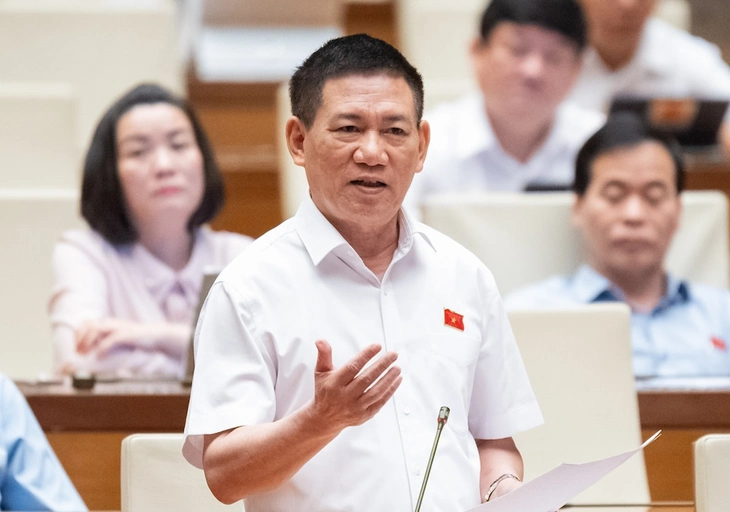
Deputy Prime Minister Ho Duc Phoc - Photo: GIA HAN
On the afternoon of June 19, Deputy Prime Minister Ho Duc Phoc participated in explaining additional issues that National Assembly deputies were interested in questioning about the financial sector.
Regarding the issue of collecting taxes on business households, which are currently abolishing lump-sum taxes, the Deputy Prime Minister stated that abolishing lump-sum taxes is completely correct and has been generally expressed in Resolution 68 of the Politburo .
However, according to the Deputy Prime Minister, the Ministry of Finance needs to conduct research to advise competent authorities on regulations on lump-sum tax at taxable revenue levels, creating favorable conditions for poor households, small businesses and ensuring people's livelihoods.
He gave an example of small businesses with revenue under 1 billion VND that "should be contracted", because if invoices are issued, the business will suffer due to lack of input invoices.
"Without input invoices, there will be no tax refund. This will affect the poor and vulnerable.
Because the nature of household tax has 3 taxes, including the normal business license tax, VAT and personal income tax.
Therefore, applying tax policies to households with small revenue will ensure convenience for tax authorities and ensure business households do not lose state budget revenue," the Deputy Prime Minister said.
As for households with large revenue, for example over 1 billion VND and a stable business location, according to the Deputy Prime Minister, they should collect according to invoices.
"Collecting by invoice will be transparent, prevent revenue loss and create conditions for households to grow into businesses," he added.
Providing more information on tax policy, the Deputy Prime Minister said that the current tax rate is lower than the world average.
For example, VAT is currently 10% and has been reduced by 2% for some goods and services over the past 5 years to 8%. Meanwhile, this tax in the world is 17-27%.
Or Vietnam imposes a corporate income tax of 20%. This type of tax is 20-30% in the world, 20-35% in Asia. There are some collections of only 5-10%.
"We have had many preferential tax policies to ease people's burdens. The important issue in the coming time is to save both investment and regular expenditures to have resources to carry out key projects, digital transformation, innovation and social security," he concluded.
Source: https://tuoitre.vn/pho-thu-tuong-ho-duc-phoc-ho-kinh-doanh-co-doanh-thu-duoi-1-ti-dong-nen-thu-thue-khoan-20250619145638965.htm












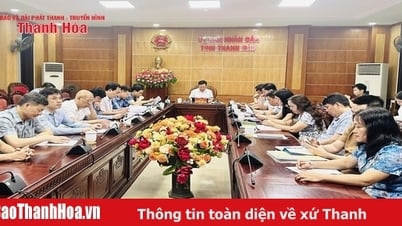



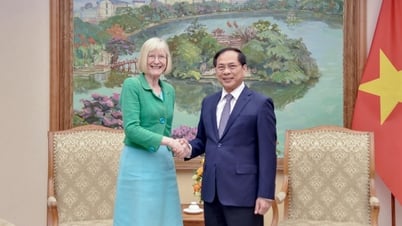



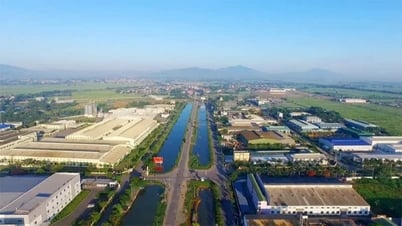
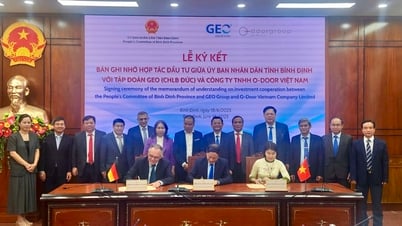





































![[Maritime News] Wan Hai Lines invests $150 million to buy 48,000 containers](https://vphoto.vietnam.vn/thumb/402x226/vietnam/resource/IMAGE/2025/6/20/c945a62aff624b4bb5c25e67e9bcc1cb)






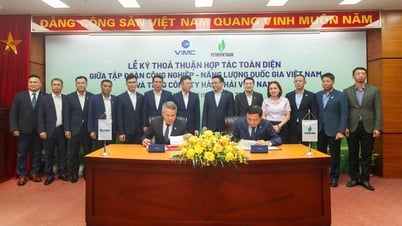








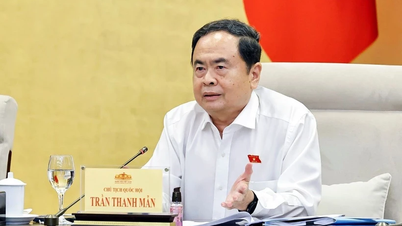



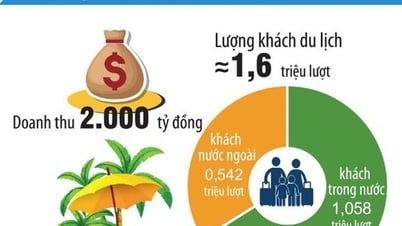

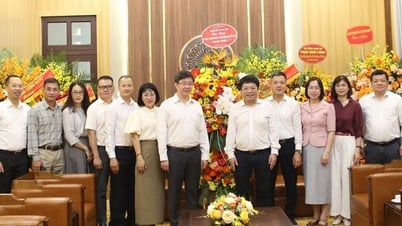


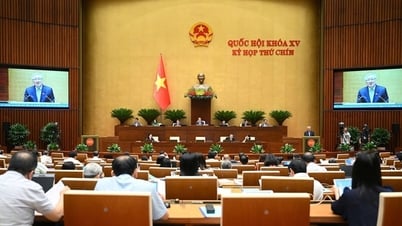


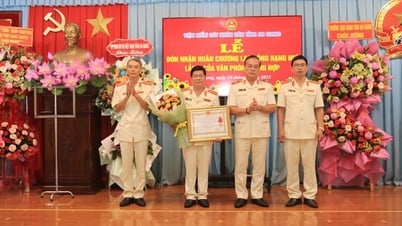



















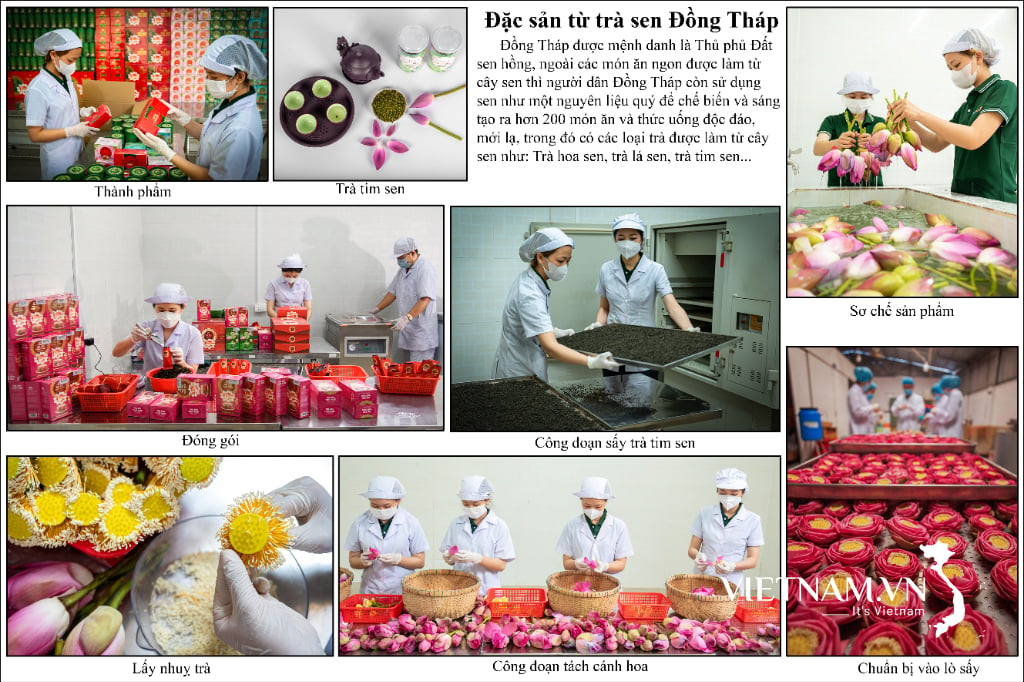



Comment (0)